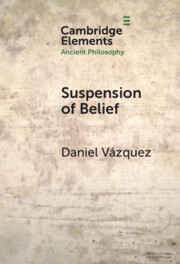This paper defends three theses on the normativity of the suspension of judgment. First, even if beliefs have to fit the truth and disbelief the false, suspension can still have satisfiable fittingness conditions. Second, combining this view with specific theses on the link between fittingness and normative reasons in favour of attitudes commits one to the existence of reasons to suspend judgement, which are neither reasons to believe nor reasons to disbelieve. These independent reasons, in turn, generate a form of epistemic permissivism. Finally, I argue that there are different routes to derive this commitment to independent reasons for suspending judgement. Not only fittingness-centred approaches to epistemic normativity but also many analyses in terms of reasons are committed to this form of epistemic permissivism.
